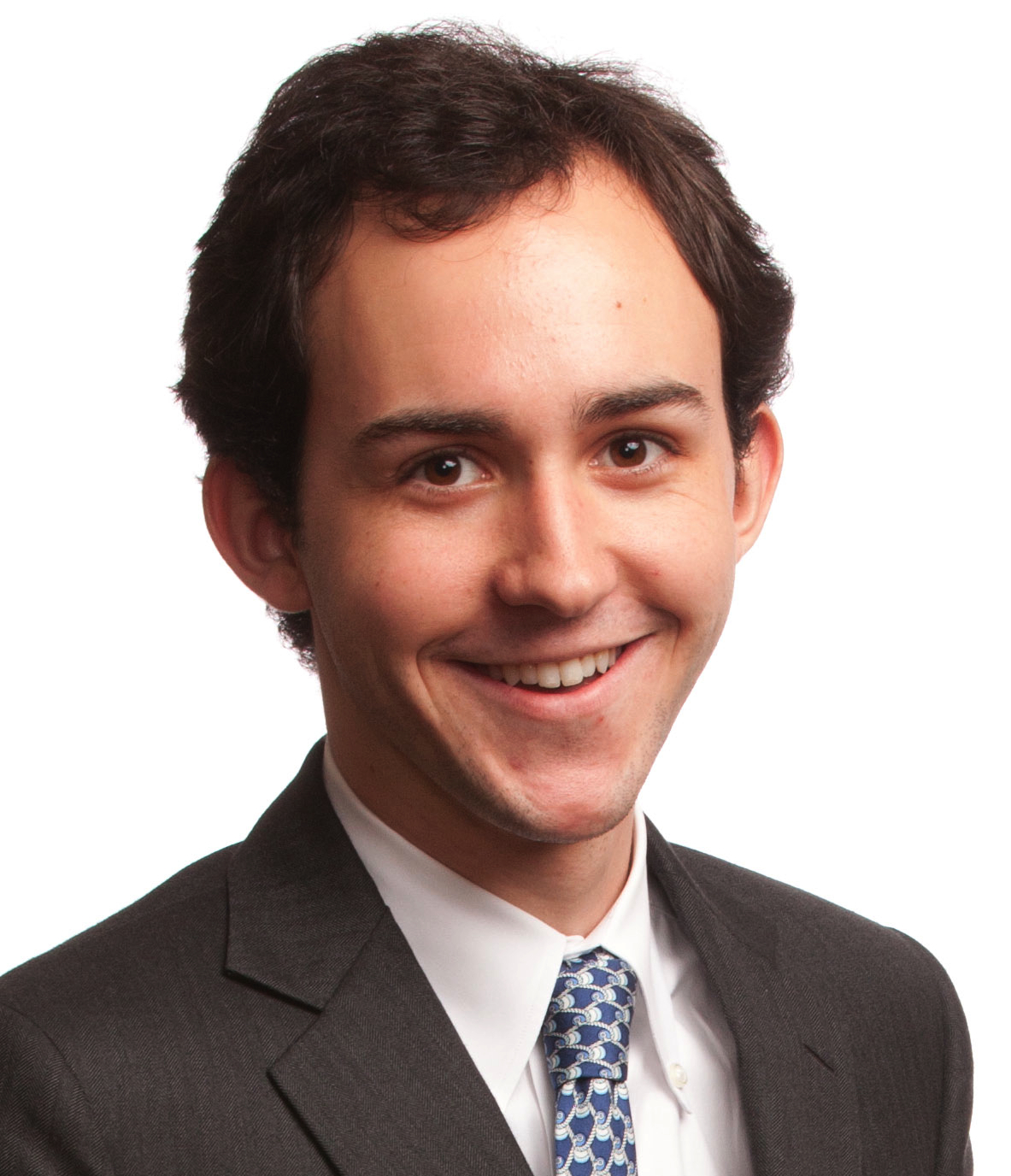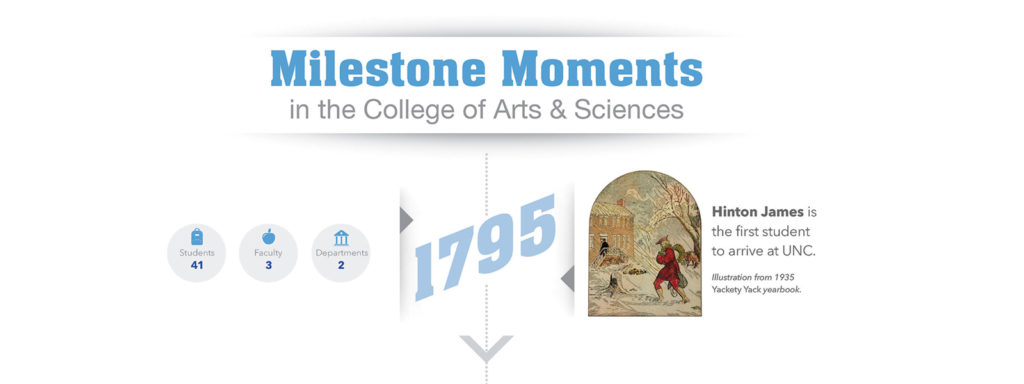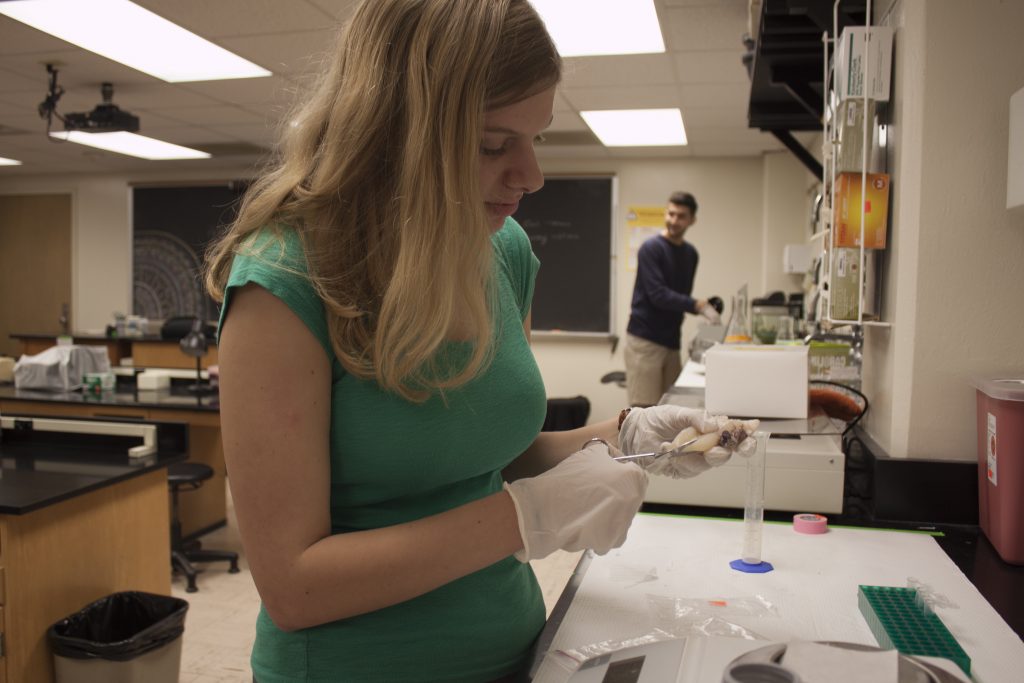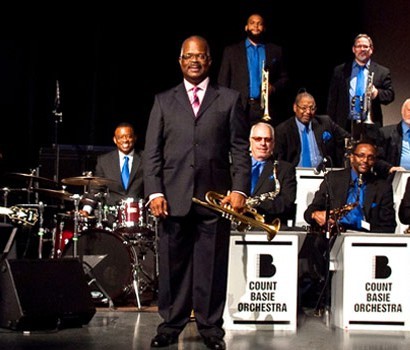
Hudson Vincent ’13, a UNC comparative literature and cultural studies major, is co-editor of a special issue of the journal, Cultural Studies. The journal features his research on the Centre for Contemporary Cultural Studies in Birmingham, England, one of the first institutions in higher education dedicated to interdisciplinary research. The work was part of his honors thesis under the mentorship of Professor Larry Grossberg. Vincent is presently on a teaching fellowship in France. He recently answered questions via email about his experience doing global undergraduate research while at UNC.
Q: How did you become interested in the Centre for Contemporary Cultural Studies at Birmingham University in England? Why is this Centre so important?
A: I became interested in the Centre for Contemporary Cultural Studies after a conversation with Professor Larry Grossberg. It was my first year at UNC, and I was enrolled in Professor Grossberg’s Honors First-Year Seminar on the 1960s counter culture and its contemporary relevance. Toward the end of the semester, I found myself in a particularly fascinating conversation about the history of interdisciplinary research in higher education — I had become increasingly interested in the relations between academic disciplines and how their combination was necessary to understand the complexity of our world.
Professor Grossberg told me about this remarkable institution founded in the 1960s in Birmingham, England called the Centre for Contemporary Cultural Studies. Amazed by the model, I enrolled in an independent study with Professor Grossberg to conduct research on its history. Over the course of the next semester, I discovered how the CCCS was one of the first institutions in higher education dedicated to interdisciplinary research. Students at the Centre were encouraged to take their own lives and their contemporary world as objects of research. They were asked to discover what was going on with their world, how it could be better, and what was necessary to actually make it better.
Q: In summer of 2011, you interviewed 13 people at the Centre who had been students or faculty members there to try to develop an oral history of the Centre. What did you hope to learn?
A: I hoped to develop a better sense of what it was like to be a student or faculty member at the Centre during its founding and its closing. I wondered what it was like to pursue interdisciplinary research at a time when most British universities were locked into the strict boundaries of academic disciplines. How did they create one of the first interdisciplinary programs in higher education? Finally, I was curious as to why the Centre closed in 2002.
Q: As an undergraduate, was it difficult for you to gain access to these people?
A: As an undergraduate at UNC-Chapel Hill, I had a unique opportunity to reach people and archives that I wouldn’t have otherwise. Chuck Lovelace, executive director of The Morehead-Cain Foundation, often talks to students about “the student visa.” It’s a clever way of naming the unique access students enrolled at UNC are granted to people, resources, and opportunities across the globe. My ability to interview so many internationally renowned academics was just the first of many times my “student visa” was helpful at UNC.
Q: When did you decide to pursue this work for your honors project in cultural studies?
A: At first, I wasn’t sure if my research in England would result in anything. It wasn’t until I returned to UNC and began transcribing the interviews that Professor Grossberg and I discovered how original much of the material was. It was at this point that I began writing an essay on the interviews that would eventually become my honors thesis in cultural studies.
Q: How does it feel to be the co-editor of a special issue of a major journal in the field of cultural studies?
A: I can’t adequately express how fortunate I was to have met Professor Grossberg and received the resources that I did from UNC. Without an amazing professor and mentor, I wouldn’t have been able to conceive of such a project. Without the extensive resources of UNC institutions like The Morehead-Cain Scholarship Program and the UNC Honors Program, I wouldn’t have been able to make my dream of interviewing these academics a reality. I
Q: What was it like to work with a faculty mentor at Carolina on getting your work published in an internationally peer-reviewed journal? Did you also attend any conferences to present your work?
A: It was one of the most important projects I undertook at UNC. Thanks to Professor Grossberg, I was able to learn about the complicated and labor-intensive process of writing, organizing, and editing an international journal.
I was asked to present my research at the International Crossroads in Cultural Studies Conference, hosted by UNESCO and Sorbonne Nouvelle University in Paris, France. With the help of a William W. and Ida W. Taylor Fellowship, I was able to travel to France to present at this conference and begin another set of interviews for another research project — just one more example of how UNC’s resources allowed me to extend my education beyond the campus and across the globe.
Q: Why is it important for undergraduate students to do research?
A: My experience conducting research outside of the classroom was a critical component of my education at UNC. Learning how to acquire Institutional Review Board (IRB) approval, conduct a proper interview, submit an article for publication, and present a conference paper all constituted extremely valuable educational lessons outside of the classroom. The capacity to take the information we learn inside the classroom and apply it to the world around us is a vital aspect of the educational process. By conducting research, students not only have the ability to test their understanding of concepts but also to contribute to the very sources we learn from in the classroom. Research brings the educational process full circle.
Q: How do you feel like Carolina helped you to become a critical thinker?
A: With extraordinary faculty mentors like Professor Grossberg, over 600 student organizations on campus, and countless resources available for students to pursue new ideas, UNC provides an ideal environment for learning what it means to critically think. By applying classroom lessons to student organizations, athletic teams, summer internships, and international research projects, students at Carolina are encouraged to struggle with pressing ethical, political, and global issues both inside and outside the classroom. In this increasingly complex world, Carolina’s liberal arts education is precisely what is needed to guarantee a better future for our state — North Carolina — and the globe.




